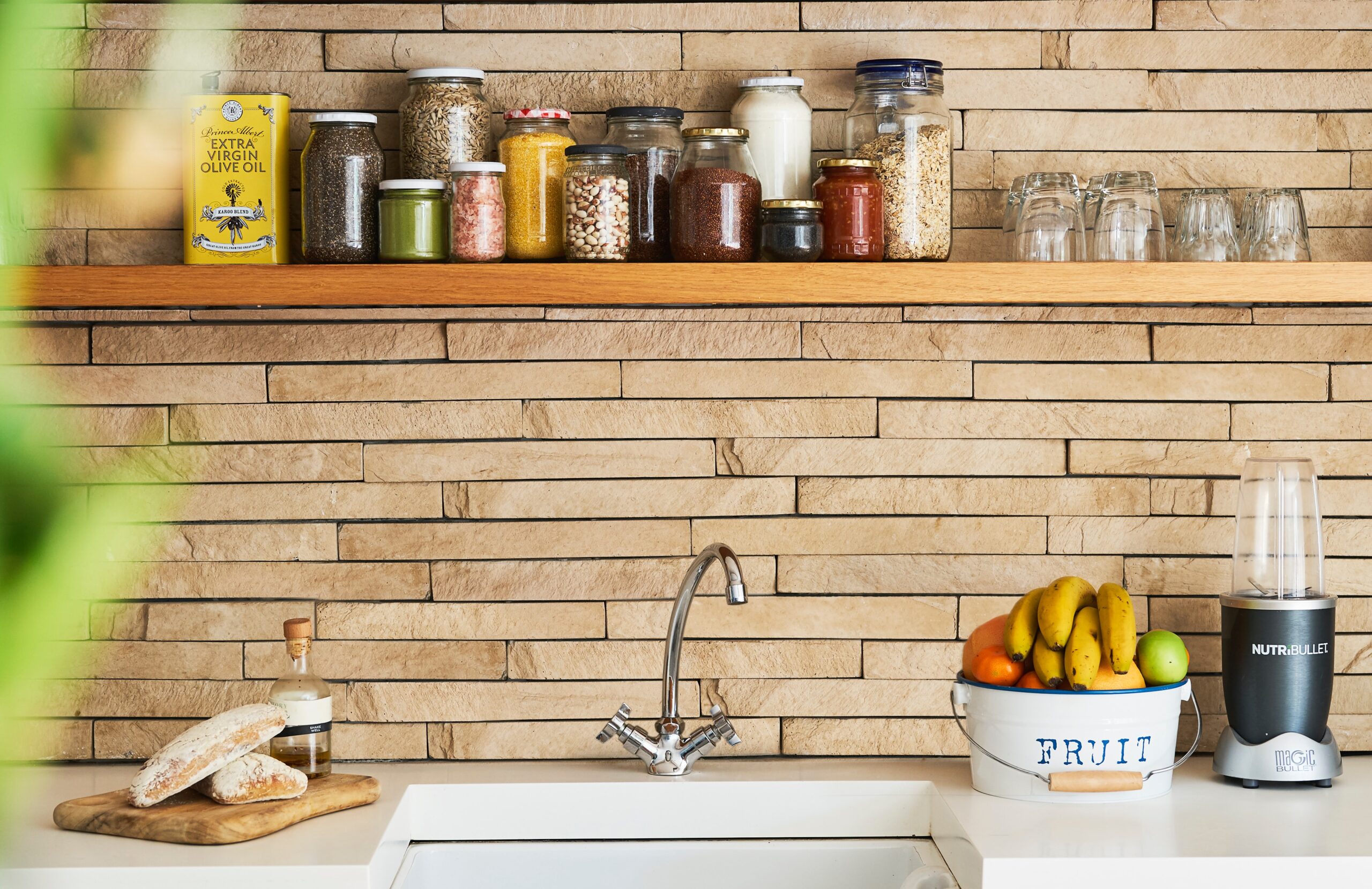Meatless Athletes
Written by Cassie Vanderwall, MS RD LDN CPT
Plant-based diets are a healthy dietary approach for most people, including athletes. There are more and more athletes who have embraced the meat-less approach and thrive on vegetarian and vegan diets. However, many are concerned about meeting their protein needs.
Strict vegetarians and vegans are at an increased risk for not only protein deficiency, but also those vitamins and minerals found in animal protein sources, including: Iron, Calcium, Vitamin B-12, Vitamin B2 (Riboflavin) and Zinc.
These risks are not only due to the lack of animal protein, but also to the increased needs of the vegetarian athlete due to increased physical activity, higher fiber intake and lower digestibility of plant-based proteins.
Despite, the higher risk, well-planned vegetarian and vegan diets can be appropriate for athletes. Currently, it is recommended that an individual’s protein needs be based on the equation 1.1 to 2.2g protein per kilogram of body weight per day. It is also important to identify the foods excluded from the individual’s vegetarian lifestyle, in order to educate appropriate. Pescotarians can enjoy fish and seafood as a viable source of protein, lacto-ovo-vegetarians can choose eggs and dairy products, and vegans have other good sources of plant-based protein, including:
- Beans (kidney, black, garbanzo, butter),
- Legumes (lentils, peas, peanuts),
- Nuts, Seeds and their butters (Almonds, Walnuts, Flax, Sunflower, etc)
- Soy beans, soy milk, tofu, and other soy products and,
- High protein grains, such as quinoa.
Other tips to ensure that individuals are meeting their micronutrient needs, include:
- Enjoy plant-based foods that are rich in iron and vitamin C together, in order to promote healthy red blood cells and oxygenation:
- Iron-rich foods: Dark leafy green vegetables, nuts and seeds, legumes, whole grains, and dried fruit.
- Vitamin C-rich foods: Bell peppers, citrus fruits, berries, tomatoes and broccoli.
- Choose foods that are high in calcium and vitamin D for bone health and to reduce the risk of stress fractures.
- Dairy products, dark leafy green vegetables, tofu and soy milk, legumes, and nuts
- Include vitamin B12-fortified foods and take a vitamin B12 supplement daily.
- Dairy products, eggs, nutritional yeast, and fortified foods, such as: soy milk, soy products and cold cereals.
- Enjoy foods rich in riboflavin daily: milk, eggs, nuts, enriched flour, and green vegetables.
- Choose foods rich in zinc, such as: nuts, whole grains, legumes, and yeast.
CAND Instagram
Recent Posts
Meet the Author
Bringing you the best nutrition information...
Our Academy Bloggers
CAND has several professional and student bloggers. They write about a range of topics for the public.



